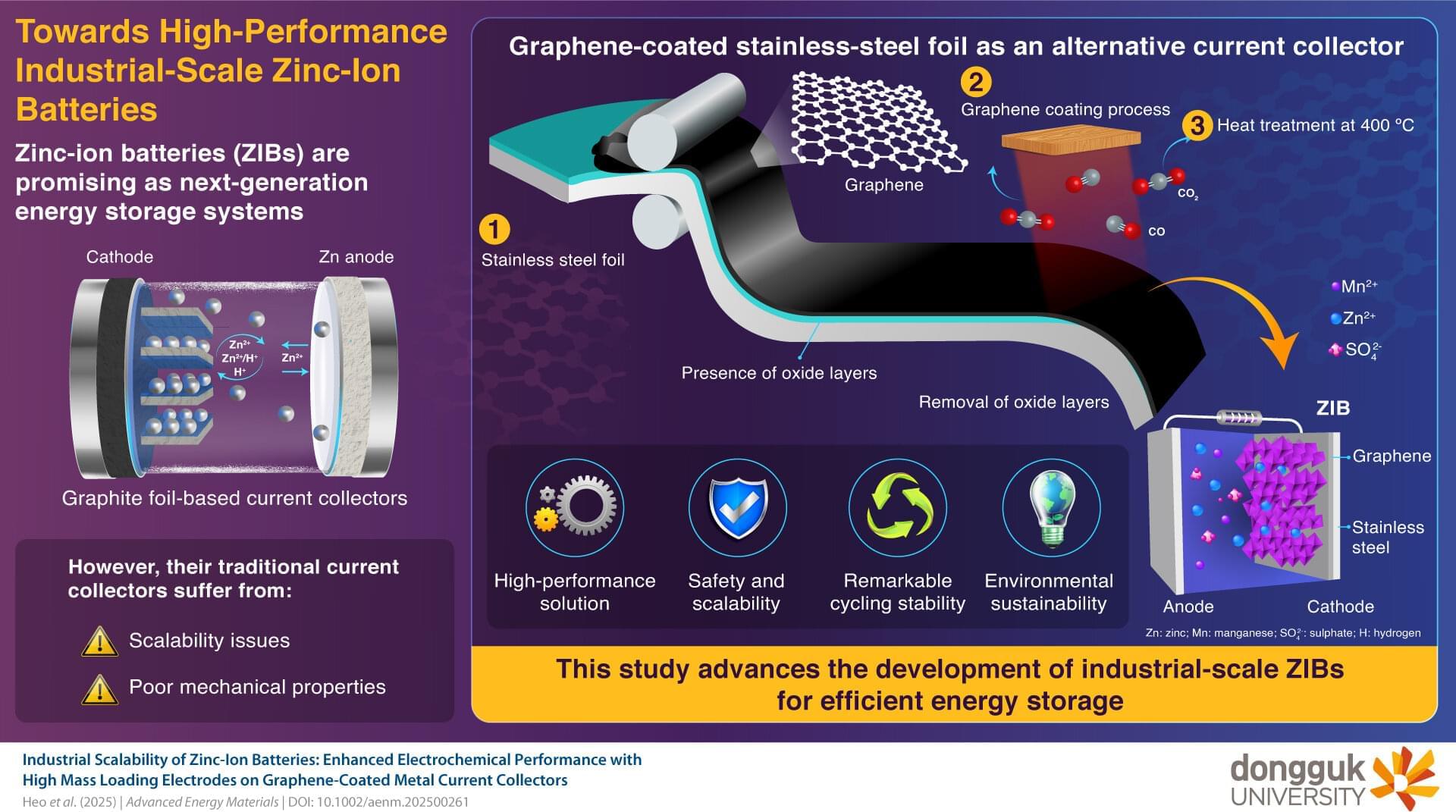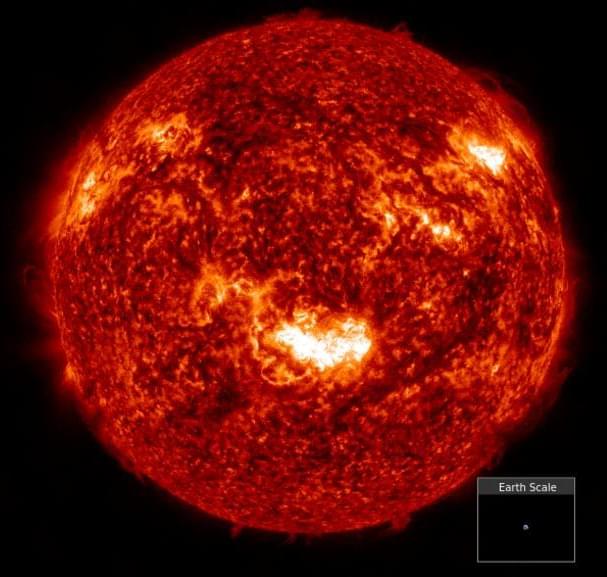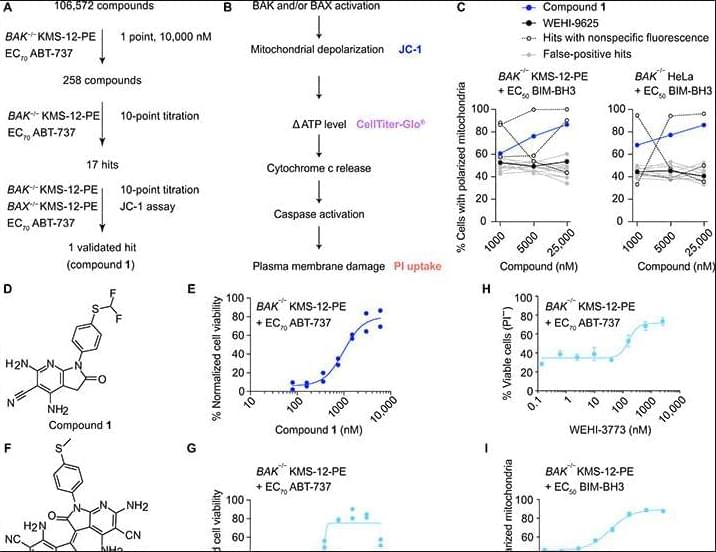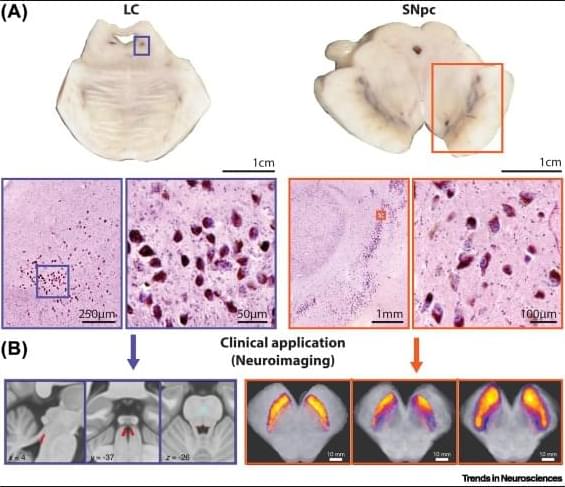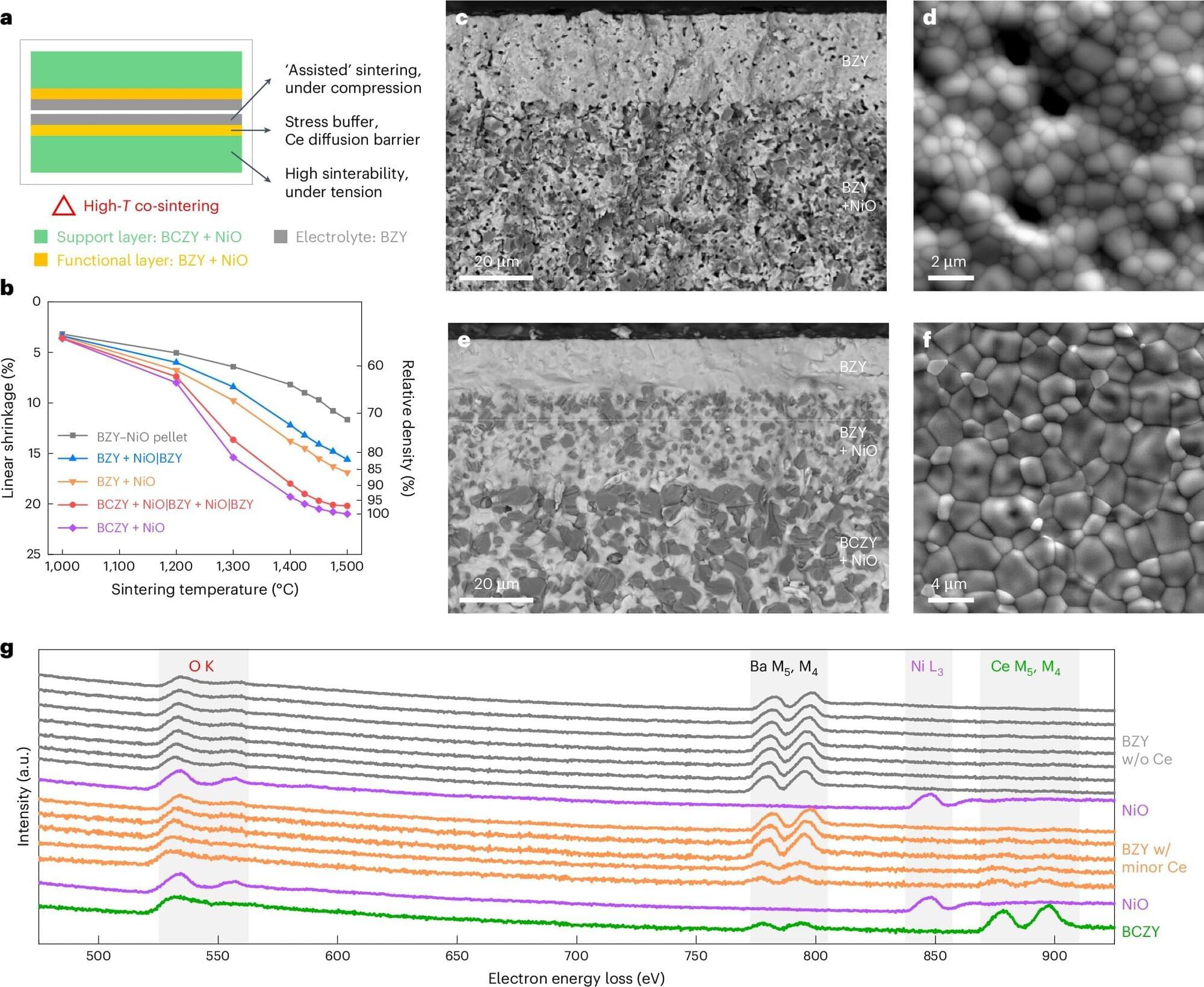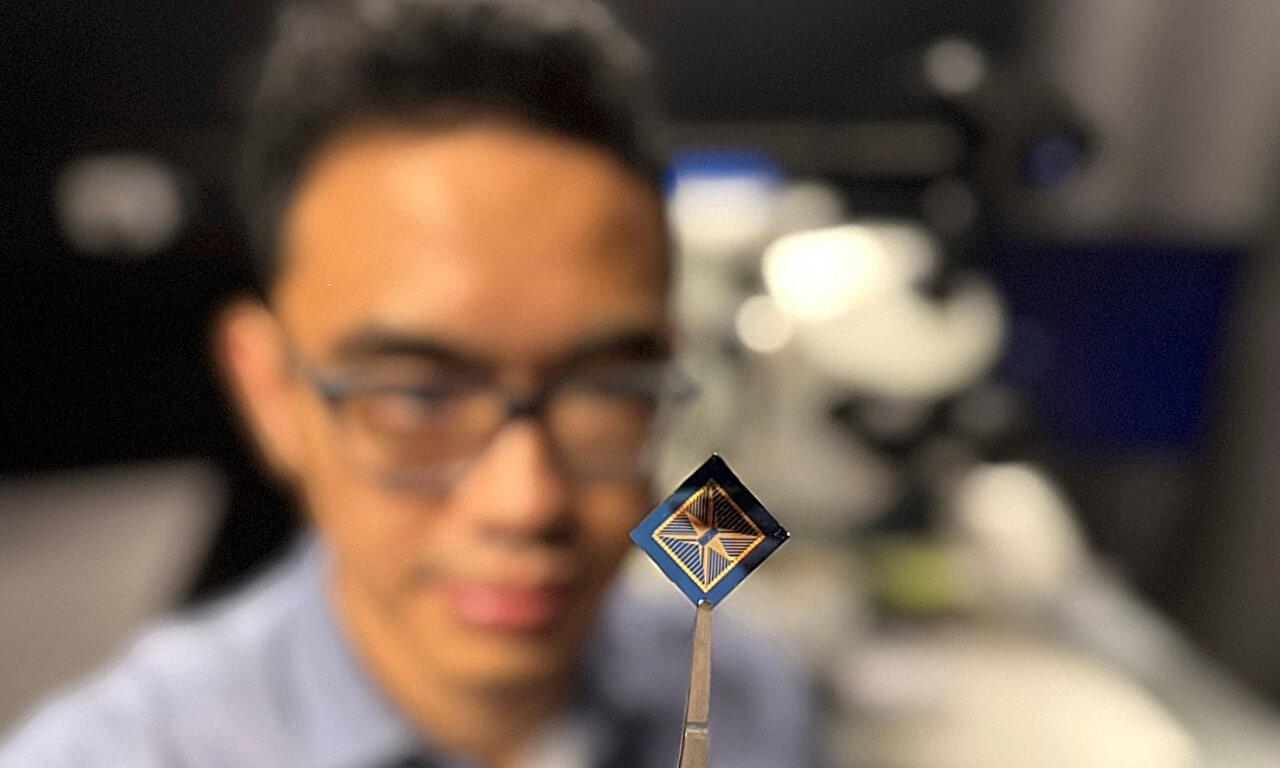The present century has witnessed a proactive shift toward more sustainable forms of energy, including renewable resources such as solar power, wind, nuclear energy, and geothermal energy. These technologies naturally require robust energy storage systems for future usage. In recent years, lithium-ion batteries have emerged as dominant energy storage systems. However, they are known to suffer from critical safety issues.
In this regard, zinc-ion batteries based on water-based electrolytes offer a promising solution. They are inherently safe, environmentally friendly, as well as economically viable. These batteries also mitigate fire risks and thermal runaway issues associated with their lithium-based counterparts, which makes them lucrative for grid-scale energy storage.
Furthermore, zinc has high capacity, low cost, ample abundance, and low toxicity. Unfortunately, current collectors utilized in zinc-ion batteries, such as graphite foil, are difficult to scale up and suffer from relatively poor mechanical properties, limiting their industrial use.
